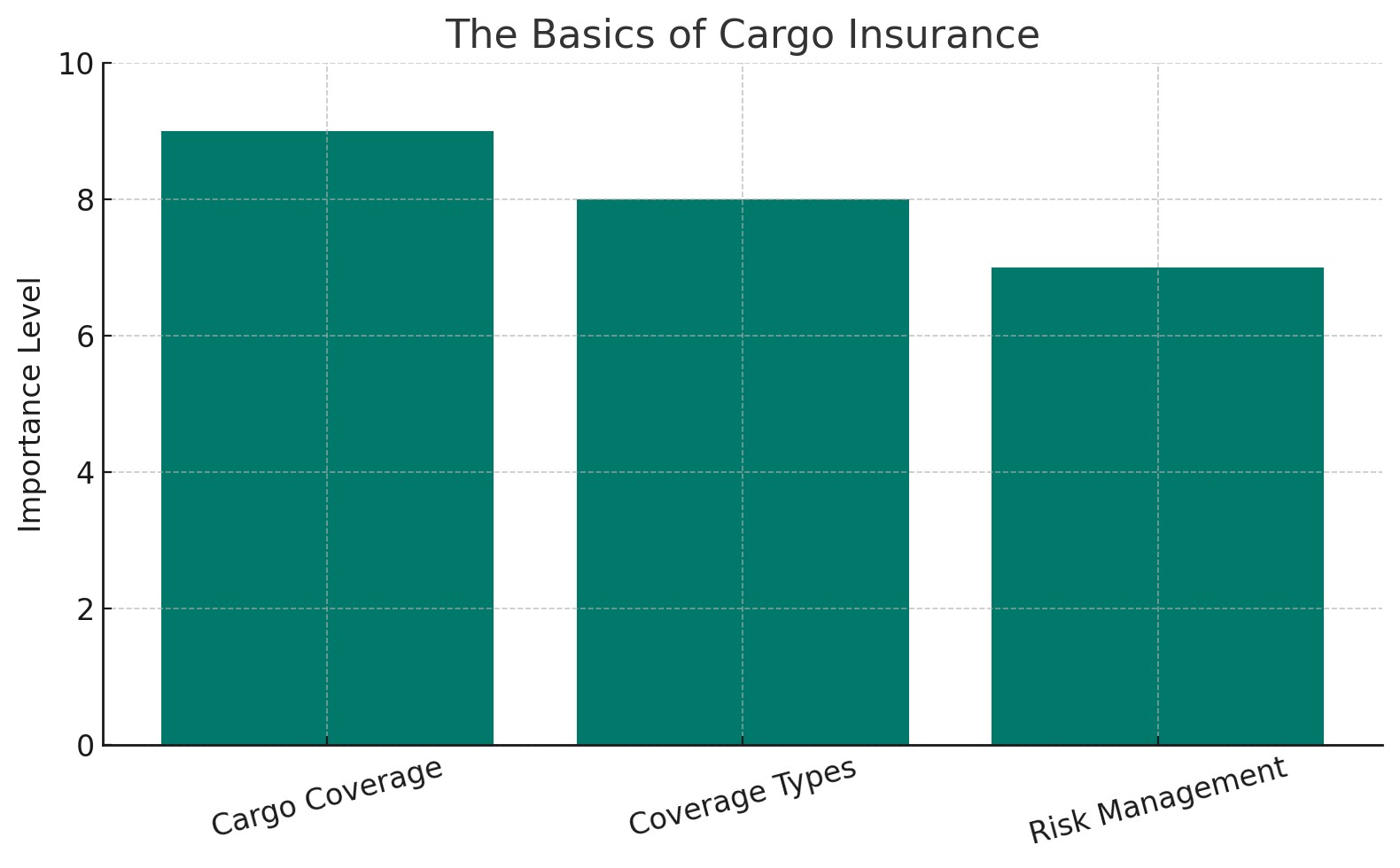Shipping abroad, or domestically, we’re bound to run into problems. Many problems may occur during shipping of raw materials, manufactured goods, or sensitive items. Your cargo could get damaged from theft. It could be involved in an accident. That’s cargo insurance. The purpose of a cargo insurance service provider is to ensure that you can get a refund for your goods if something happens while in transit.
In this article, we will discuss what is cargo insurance, how it works, the different kinds, and how to choose a cargo insurance service provider. Whether you are a business shipping expensive products or need to ensure your goods are delivered on time and without loss or damage, cargo insurance is vital to the logistics of your business.
What Is Cargo Insurance?
Cargo insurance insures the contents of cargo during transport. Cargo insurance protects you from different risks. The goods may face those risks during maritime transport from theft, natural disasters, accidents, or mishandling and damage in loading or unloading at the port or shipping destination.

The Importance of Cargo Insurance
The goods may be exposed to different risks while they are in transit, among them accidents, environmental risks such as storms, theft and customs-related accidents. Should something happen to your goods while they are in transit, without this cover you would bear the loss. This is especially important if your business sells products that are high-value or fragile.
Cargo insurance lowers the risk to a business by making them whole in the event of cargo loss due to a covered incident, thus providing peace of mind for businesses and customers.
Types of Cargo Insurance Coverage
Choosing a cargo insurance service provider means knowing what types of coverage options are available. Insurance coverage can be tailored depending on what kind of cargo is being shipped.
All Risk Coverage
All risks coverage is the most thorough type of insurance and covers any loss or damage that may occur while the goods are in transit. Most of these damages include:
- Accidental damages such as crush or impact during transport.
- Theft or loss of goods.
- Losses from damage due to water, storm, or other weather.
- Error handling during loading and unloading.
Exceptions for damage exist, such as damage from improper packaging or goods with intrinsic flaws or defects.
Named Perils Coverage
Named perils insurance (also specified perils insurance) insures only those perils listed in the policy, such as fire, flood, theft, vandalism, and others. It may provide less protection than an all-risks policy, but may be a more affordable option for a business shipping goods with a lower value.
Total Loss Coverage
They most often use this type of coverage when the entire shipment is lost or destroyed and also when they ship to particularly risky areas or in extreme conditions.
Legal Liability Insurance
Shippers or carriers typically obtain legal liability insurance. This insurance is for coverage of their liability during damages to the goods under the care, custody or control of the carrier. This includes negligence or accidental damages, among others.
| Coverage Type | Coverage Details | Ideal for | Example |
| All Risk Coverage | Covers most risks including accidents, theft, damage | High-value or fragile goods | Electronics, luxury items |
| Named Perils | Covers specific perils like fire, theft, or flood | Low-risk or general cargo | Raw materials, furniture |
| Total Loss Coverage | Only covers total loss of shipment | High-risk or critical shipments | Hazardous materials |
| Legal Liability | Covers damages during transport by carriers | Carriers, shipping companies | Freight carriers |
How to Choose the Right Cargo Insurance Service Provider
For an operator of a shipping service or shipping company, one of the most important decisions to be made is which cargo insurance service provider to use for protecting goods in transit.
Reputation and Reliability
Choose a well-reviewed and well-established cargo insurance provider. The provider should process claims effectively and pay claims out in a timely fashion.
Coverage Options
Select a provider for insurance coverage. The provider must fit your specific shipping needs. The insurer should offer all-risk insurance, named perils, and optional coverage with which a policy can be tailored to your business requirements.
Cost-Effectiveness
Different suppliers offer online quotes, but remember that the cheapest cover may not be the best cover, so look carefully at a good-value option that suits your needs rather than settling for minimal cover to save a few pounds.
Customer Service
See if the provider has customer service. See if it is available whenever needed. It is best to work alongside a company that is easy to contact and quick to resolve issues.
Claim Handling Process
Pick someone whose claims process is not complicated and moves at a rapid pace. Inquire with possible providers about their claim process and the time needed to get benefits. The claims process must be simple. It must also be transparent.
Negotiate cargo insurance it is important to international BJH logistics. Whether you import or export your goods, ship them by ocean freight, air freight, or overland, cargo insurance ensures your transaction goes smoothly and you do not lose so much.
With the appropriate coverage, you can reduce the risks that come with shipping items and help your business avoid the financial repercussions of an accident or damage to your shipment in transit, even when that shipment is electronics or industrial materials that are valuable but also at risk.
